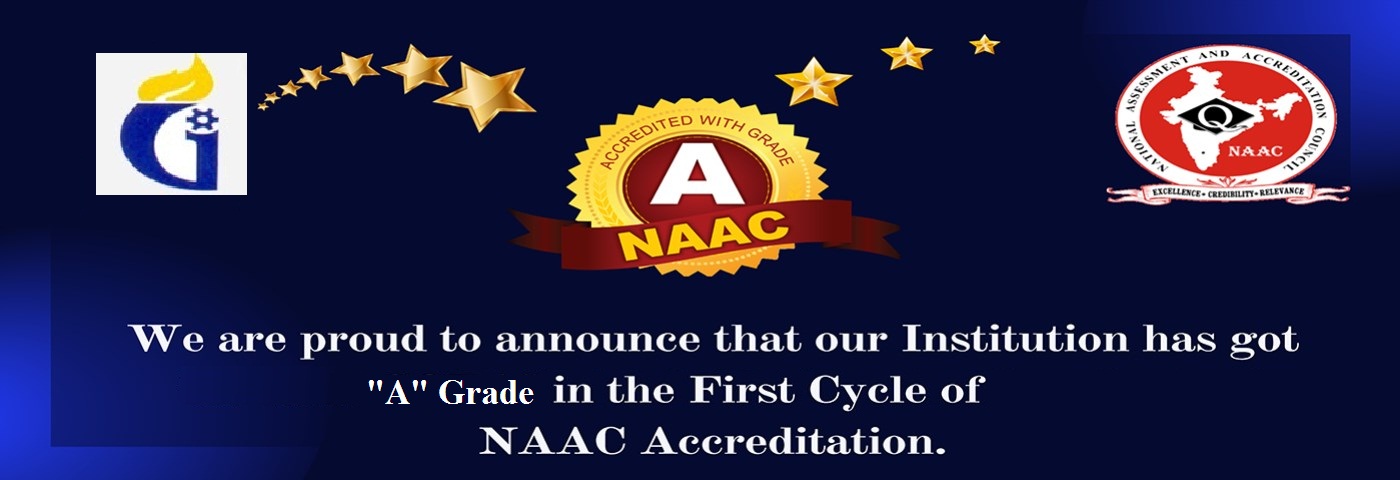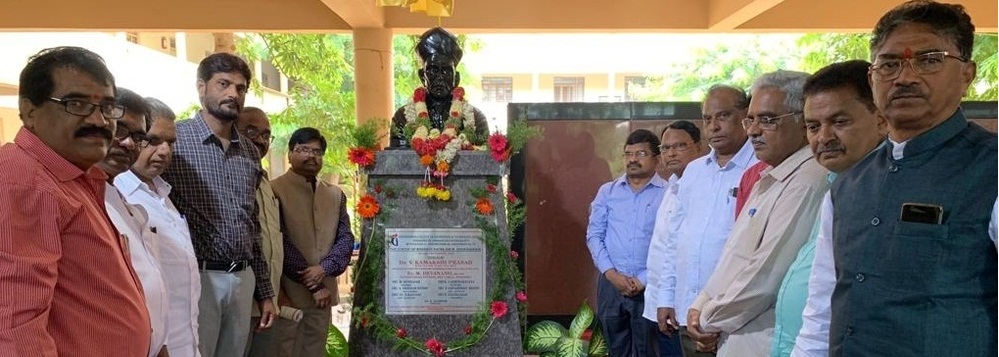Department of Computer Science Engineering
Program Educational Objectives (PEOs)
A graduate of the COMPUTER SCIENCE AND ENGINEERING Program should:
:PEO 1:To produce graduates who can provide solutions to challenging problems in their profession by  applying computer engineering theory and practices.
PEO 2:Excellence in professionalism, moral and ethical conduct, interpersonal skills and adaptable   communication to prevalent trends in technology and vis-à-vis changing technology
PEO 3:Graduates of the program will engage in successful careers in industry, academia and attain positions of importance where they have an impact on their business, profession, and community.
.
Program Specific Outcomes (PSOs)
A graduate of the CSE (ARTIFICIAL INTELLIGENCE & MACHINE LEARNING) Program will:
PSO 1:Understand, Analyze and Develop computer programs for efficient design of computer-based systems of  varying complexity
PSO 2:Able to excel in various programming/project competitions and technological challenges laid by   professional societies.
PSO 3:Promote novel applications that meet the needs of entrepreneur, environmental and social issues.
Program Outcomes (POs)
PO 1: Engineering Knowledge: Apply the knowledge of mathematics, science, engineering fundamentals, and an engineering specialization to the solution of complex engineering problems.
PO 2: Problem Analysis: Identify, formulate, research literature, and analyze complex engineering problems reaching substantiated conclusions using first principles of mathematics, natural sciences, and engineering sciences.
PO 3: Design/Development of Solutions: Design solutions for complex engineering problems and design system components or processes that meet the specified needs with appropriate consideration for the public health and safety, and the cultural, societal, and environmental considerations.
PO 4: Conduct Investigations of Complex Problems: Use research-based knowledge and research methods including design of experiments, analysis and interpretation of data, and synthesis of the information to provide valid conclusions.
PO 5: Modern Tool Usage: Create, select, and apply appropriate techniques, resources, and modern engineering and IT tools including prediction and modeling to complex engineering activities with an understanding of the limitations.
PO 6: The Engineer and Society: Apply reasoning informed by the contextual knowledge to assess societal, health, safety, legal and cultural issues and the consequent responsibilities relevant to the professional engineering practice.
PO 7: Environment and Sustainability: Understand the impact of the professional engineering solutions in societal and environmental contexts, and demonstrate the knowledge of need for sustainable development.
PO 8: Ethics: Apply ethical principles and commit to professional ethics, responsibilities, and norms of the engineering practice.
PO 9: Individual and Team Work: Function effectively as an individual, and as a member or leader in diverse teams, and in multidisciplinary settings.
PO 10: Communication: Communicate effectively on complex engineering activities with the engineering community and with society. Some of them are, being able to comprehend and write effective reports and design documentation, make effective presentations, and give and receive clear instructions.
PO 11: : Project Management and Finance: Demonstrate knowledge and understanding of the engineering and management principles and apply these to one’s own work, as a member and leader in a team, to manage projects and in multidisciplinary environments.
PO 12:Lifelong Learning: Recognize the need for, and have the preparation and ability to engage in independent and lifelong learning in the broadest context of technological change











